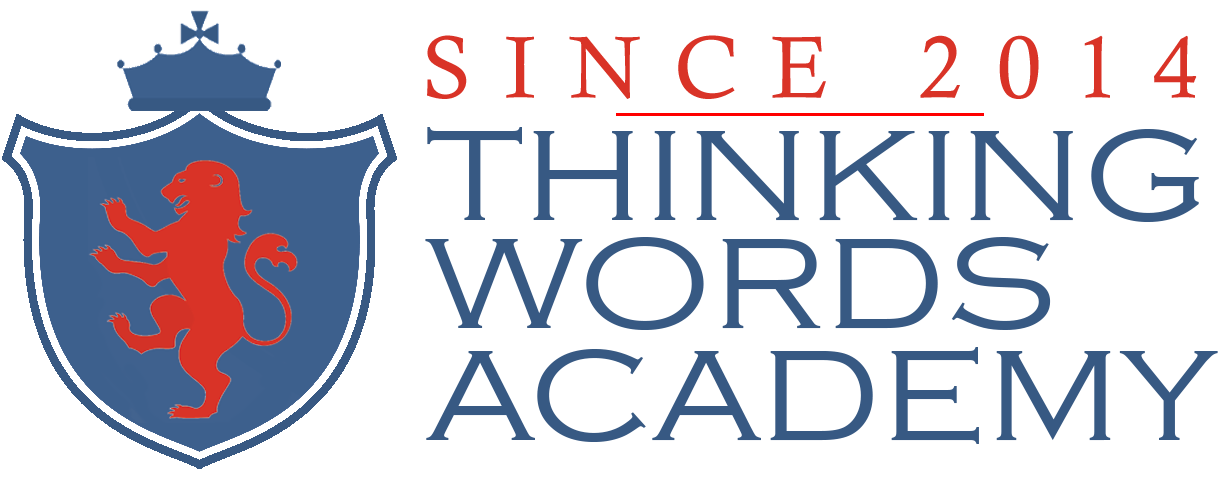The British National Curriculum specifies what children must study and what they are expected to know at different ages.
Pupils joining TWA from other schools are placed in year levels based on their ages and current year levels.
What are Key Stages?
Types of Key Stages
An A level is the gold standard of British Further Education. Normally studied over two years by 16 to 18 year olds, the A level is the most common qualification needed to progress to university.
Teachers will be mentoring groups of pupils in order to ensure the personal follow-up of each student.
Subjects studied in Early Year Foundation Stage (3 – 5 year olds)
The three prime areas, which are crucial for building children’s capacity to learn, form relationships and thrive, are:
- Communication and Language
- Physical Development
- Personal, Social and Emotional Development
There are four specific areas, through which the three prime areas are strengthened and applied:
- Literacy
- Mathematics
- Understanding the World
- Expressive Arts and Design
Subjects studied in Key Stage 1 (5 – 7 year olds – year 1 and 2 – KS1)
- English,
- Mathematics,
- Science,
- Information Technology (Computers),
- Languages
- Art, Music and Physical Education (PE).
Subjects studied in Key Stage 2 (7 – 11 year olds – year 3 until 6 – KS2)
- English,
- Mathematics,
- Science,
- Information Technology (Computers),
- Religious Education (RE),
- Design and Technology,
- History and Geography,
- Languages
- Art, Music and Physical Education (PE).
What is a KS3 course?
Quite simply, Key Stage 3 is the education a student is expected to receive in UK schools from the ages of 11 to 14.
Our courses have been designed to cover the same material as the National Curriculum.
How are the courses structured?
Our courses are normally divided into three separate one-year courses.
These match typical school-based programmes for Years 7, 8 and 9. It is not necessary for students to be in the “appropriate” school year to tackle each of these courses because different students proceed at very different speeds.
By the end of the Year 9 course, students are in a position to make a successful start on the equivalent GCSE or IGCSE course, perhaps at age 14.
What are IGCSE courses?
The International General Certificate of Secondary Education (IGCSE) offers students a comprehensive curriculum that serves to develop their knowledge and skills.
IGCSEs provide an excellent foundation for future education, such as A level , BTEC vocational courses and other qualifications that are recognised by employers internationally and by the University and Colleges Admissions Service (UCAS). Grade for grade, they are equivalent to GCSEs.
Available to students in over 150 countries worldwide, IGCSE qualifications are increasingly gaining popularity in the UK and are often preferred to GCSEs by many reputable independent schools. Approximately 300 British independent schools now offer IGCSEs. Over 1.5 million students from around the world take IGCSE exams annually, with over 40,000 entries in the UK alone.
GCSE or IGCSE? – Why we make the choices we do
With GCSE exams gradually being reformed, coursework is now being replaced by controlled assessments that are completed under supervised conditions. However, these controlled assessments are impractical for home educated students. With IGCSE distance learning, 100% of the assessment is done by examination, providing a convenient way to build on and test your knowledge and skills.
We offer IGCSE science courses in Biology and Human Biology, Physics, and Chemistry. In some core subjects, such as Maths, it is possible to take either Higher or Standard level IGCSE.
IGCSE Examinations
Unlike GCSEs many IGCSEs have a winter exam sitting in January, as well as the normal summer examination sitting. These include
- English
- Maths
- Biology
- Chemistry
- Physics
- Economics
- Business
Some advantages of IGCSE
- 100% of the assessment is by examination
- Widely recognised by FE and Universities
- Backed by Pearson/Edexcel, the UK’s largest examination board
A-Levels (Advanced Level qualifications) are a UK subject-based qualification for students aged 16 and above. They are usually studied over two years, leading to qualifications recognised for entrance to higher education institutes in the UK and many others worldwide. Most higher education institutes require a minimum of 3 subjects.
Although they are a UK qualification, schools across the world offer A Levels. In addition, most universities and Higher Education institutes recognise A Levels as a suitable entry qualification.
You may also have heard of AS Levels, however following reforms implemented between 2016 and 2018, AS Levels are now a separate qualification. Although they still equate to the first year of study on the full 2-year A Level course, most universities do not consider AS levels alone adequate for entrance.
What subjects do A Level students take?
There are no compulsory subjects with A Levels. Instead, students are free to choose the topics that interest them the most or feel will benefit them for their future studies or careers. Students typically study three subjects. Subjects include English Language & Literature, French, Maths, Biology, Physics, Chemistry, History, Geography, Psychology, Economics, Art, Information Technology and Modern Foreign Languages such as French, German, and Spanish. It’s always best to check in advance which subjects the institution you are considering offers as this does vary from school to school.
How are A Levels Assessed?
Written examinations, taken at the end of the 2-year course of study, are the main assessment form. Following the reforms mentioned above, there is now a lot less project work. However, some coursework does still contribute to the final grade depending on the subject.
The grading scale runs from A* – E. Students not meeting the minimum standard will receive a grade of U. They need 40% to achieve an E, 50% for a D, 60% for a C and so on. Any student averaging 80% across all modules will gain an A*.
If a student fails, they must re-sit the whole exam – students cannot re-sit specific modules. However, it’s worth bearing in mind that students can retake their A Levels as many times as necessary.
Which exam boards do A levels use?
Several different examination boards assess A levels. Most often, international schools use Edexcel or CIA (Cambridge International Assessment).
Why choose A levels?
A-Levels are an excellent choice for students who have a clear idea of which subjects they excel in. Or, to put it another way, students who are ‘one-sided’ in terms of their strengths. For example, a student who is strong in Maths and weak in English Literature would benefit from focusing on Maths and dropping English. Focus on specific subjects is not possible with the IB, which has a much broader study area.
The importance of the final written exam means that A-Levels are more suitable for students strong in written exams. Students who can revise effectively and perform well in timed exams are most suited to A Levels.
Most importantly, students receive separate certificates in each subject they pass, rather than one overall certificate as the IB.

